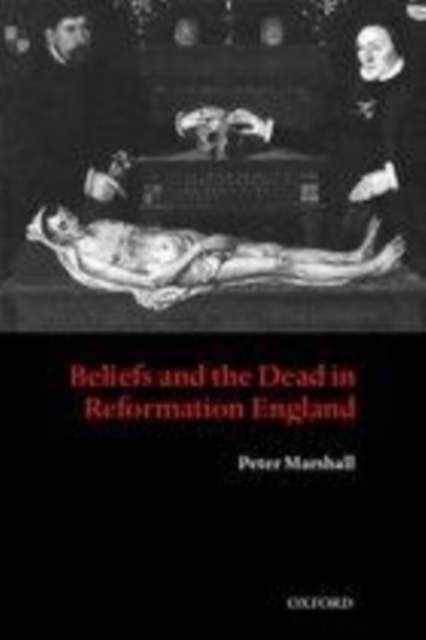
Beliefs and the Dead in Reformation England PDF
by Peter Marshall
Description
This is the first comprehensive study of one of the most important aspects of the Reformation in England: its impact on the status of the dead.
Protestant reformers insisted vehemently that between heaven and hell there was no 'middle place' of purgatory where the souls of the departed could be assisted by the prayers of those still living on earth.
This was no remote theological proposition, but a revolutionary doctrine affecting the lives of all sixteenth-century English people, and the ways in which their Church and society were organized.
This book illuminates the (sometimes ambivalent) attitudes towards the dead to be discerned in pre-Reformation religious culture, and traces (up to about 1630) the uncertain progress of the 'reformation of the dead' attempted by Protestant authorities, as they sought both to stamp out traditional rituals and to provide the replacements acceptable in an increasingly fragmented religious world.
It also provides detailed surveys of Protestant perceptions of the afterlife, of the cultural meanings of the appearance of ghosts, and of the patterns of commemoration and memory which became characteristic of post-Reformation England.
Together these topics constitute an important case-study in the nature and tempo of the English Reformation as an agent of social and cultural transformation.
The book speaks directly to the central concerns of current Reformation scholarship, addressing questions posed by 'revisionist' historians about the vibrancy and resilience of traditional religious culture, and by 'post-revisionists' about the penetration of reformed ideas.
Dr Marshall demonstrates not only that the dead can be regarded as a significant 'marker' of religious and cultural change, but that a persistent concern with their status did a great deal to fashion the distinctive appearance of the English Reformation as a whole, and to create its peculiarities and contradictory impulses.
Information
-
Download - Immediately Available
- Format:PDF
- Pages:356 pages
- Publisher:Oxford University Press
- Publication Date:11/07/2002
- Category:
- ISBN:9780191542916
Information
-
Download - Immediately Available
- Format:PDF
- Pages:356 pages
- Publisher:Oxford University Press
- Publication Date:11/07/2002
- Category:
- ISBN:9780191542916






